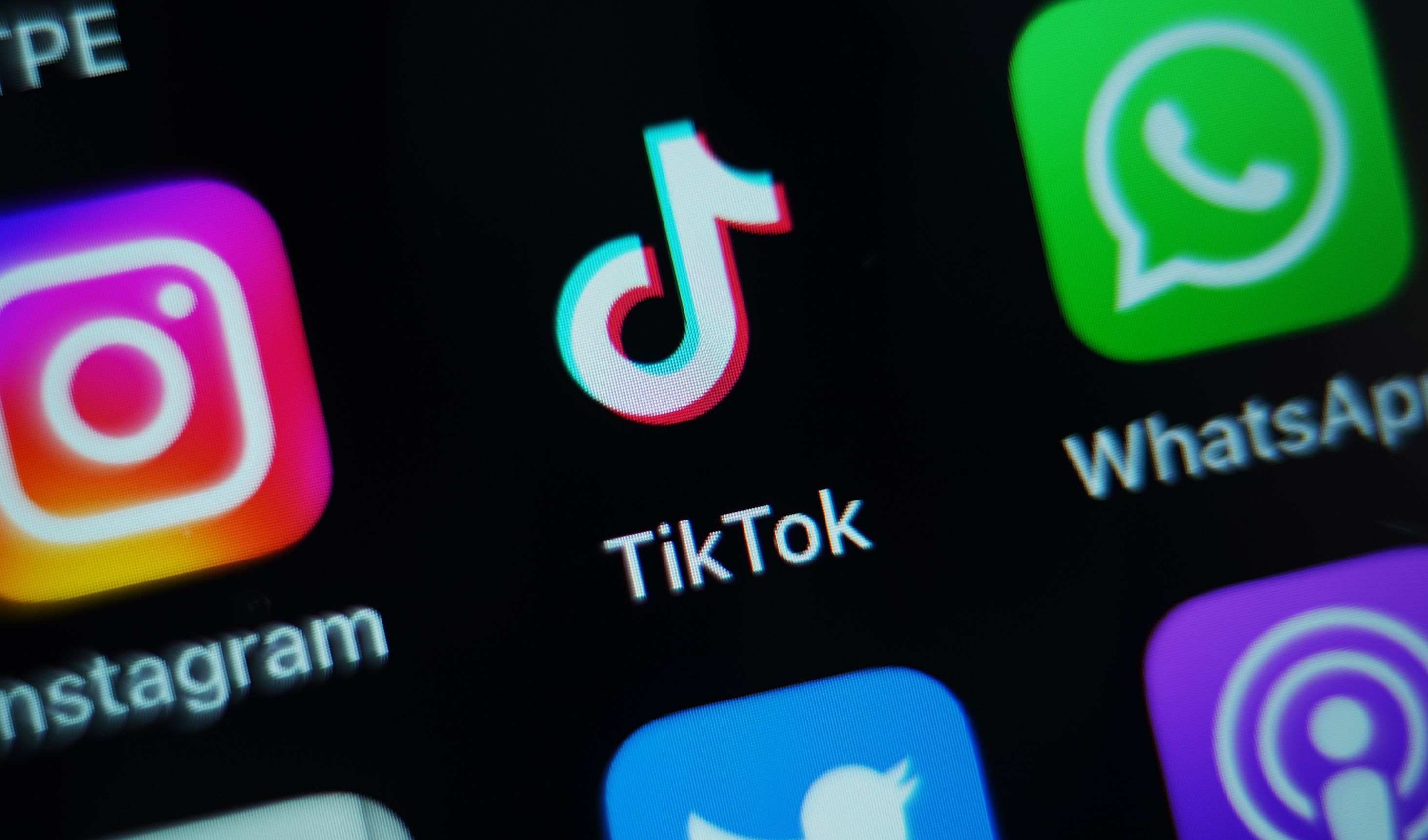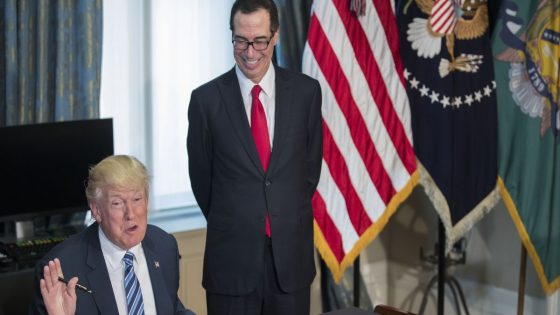TikTok could be banned within a matter of weeks — leaving its 170 million users in the United States unable to access the popular video-sharing social network.
The US House of Representatives passed a controversial bill yesterday that would give TikTok’s Chinese owner ByteDance 165 days to divest the service or face a complete block. With President Joe Biden having already confirmed that he’ll sign the bill into law if it’s passed by both the House of Representatives and the Senate, there’s only one major hurdle left for the bill.
With the US government looking increasingly likely to strong-arm ByteDance into selling TikTok, we now have an idea of who one of the potential bidders would be.
Former US Treasury Secretary Steven Mnuchin has confirmed that he’s already working hard to put together an investor group to try to buy TikTok, he told CNBC on Thursday.
“It’s a great business and I’m going to put together a group to buy TikTok,” says Former Treasury Secretary Steven Mnuchin. “The issue is all about the technology. This needs to be controlled by U.S. businesses.” pic.twitter.com/6yoLoL5bay
— Squawk Box (@SquawkCNBC) March 14, 2024
“I think the legislation should pass and I think it should be sold,” Mnuchin told CNBC show Squawk Box. “It’s a great business and I’m going to put together a group to buy TikTok,” he said.
When pushed for more details, Mnuchin wouldn’t reveal the identity of his business partners.
Microsoft has already attempted to acquireTiKTok once before.
Back in 2020, the company behind Windows and Xbox was trying to acquire TikTok in the United States, Canada, Australia, and New Zealand. However, the bid failed after the technology company insisted on acquiring total control of TikTok operations, source code and algorithms. ByteDance refused the terms and Microsoft declined to settle for a lesser deal.
TikTok is incredibly popular with US smartphone owners, with citizens spending more time on TikTok than rival apps like Instagram, Facebook or Snapchat
REUTERS
If the bill is signed into law, it’s possible Meta and Alphabet Inc, which owns Google and YouTube, would put together bids. However, the US government is already looking to break up these companies over fears they’re too big and own too much vital digital infrastructure.
TikTok had branded the Protecting Americans from Foreign Adversary Controlled Applications Act as a “ban” and urged Senators to listen to their constituents before taking any action.
A spokesperson for the company said: “This is a ban bill — full stop. Members of Congress know that and some of the bill’s biggest cheerleaders have publicly said this is a ban bill. And they’ve always made clear that their actual intention is banning TikTok in the United States.”
TikTok CEO Shou Zi Chew confirmed the social media firm will exercise its rights to prevent a ban. He confirmed the company had never shared, or received a request to share, data on users in the United States with the Chinese government, adding, “Nor would TikTok honour such a request if one were ever made.”
The fate of TikTok has become a major issue in Washington, where lawmakers have complained their offices have been flooded with calls from TikTok users who oppose the legislation.
The bill was passed 352-65 in the House of Representatives in a bipartisan vote. However, the Protecting Americans from Foreign Adversary Controlled Applications Act faces a more uncertain path in the Senate where some favour a different approach to regulating foreign-owned apps posing security concerns.
Senate Majority Leader Chuck Schumer confirmed the Senate will review the legislation.

TikTok is owned by ByteDance, which is headquartered in Beijing — something that has caused controversy among US lawmakers concerned about data on US citizens being sent outside of the country
PA
The measure is the latest in a series of moves in Washington to respond to US national security concerns about China, from connected vehicles to advanced artificial intelligence chips to cranes at ports.
Beyond the likely legal challenge from TikTok, the American Civil Liberties Union and other advocacy groups are arguing the bill is unconstitutional on free speech and other grounds.
Source Agencies



